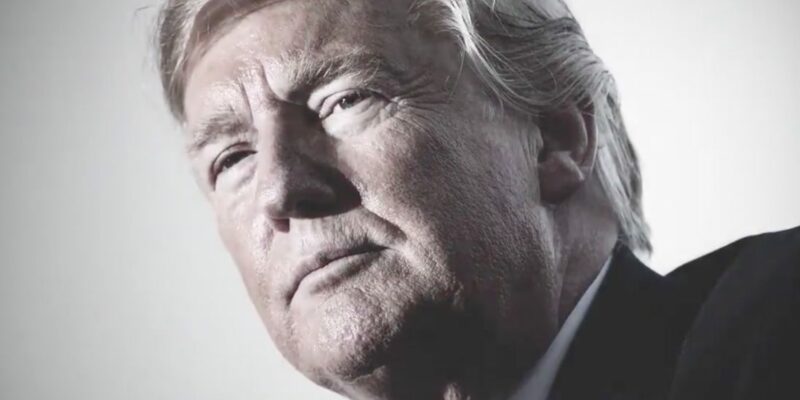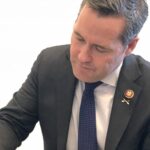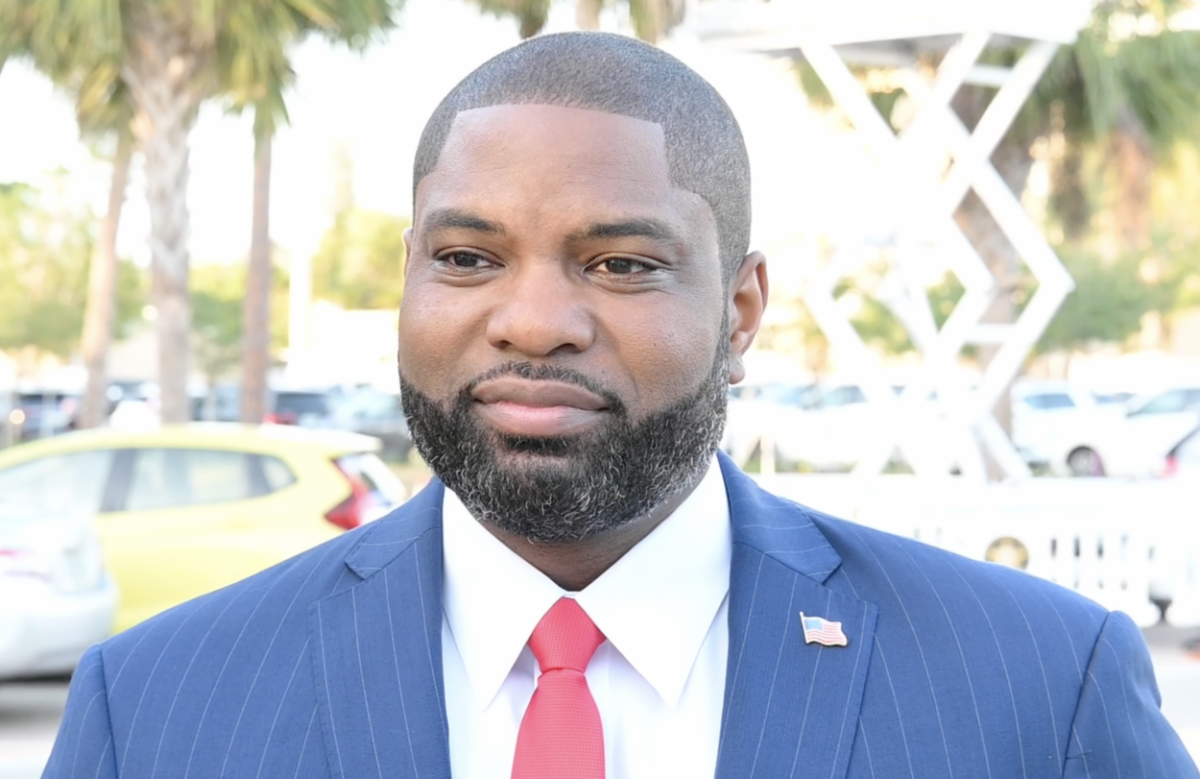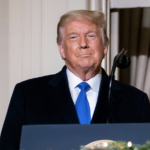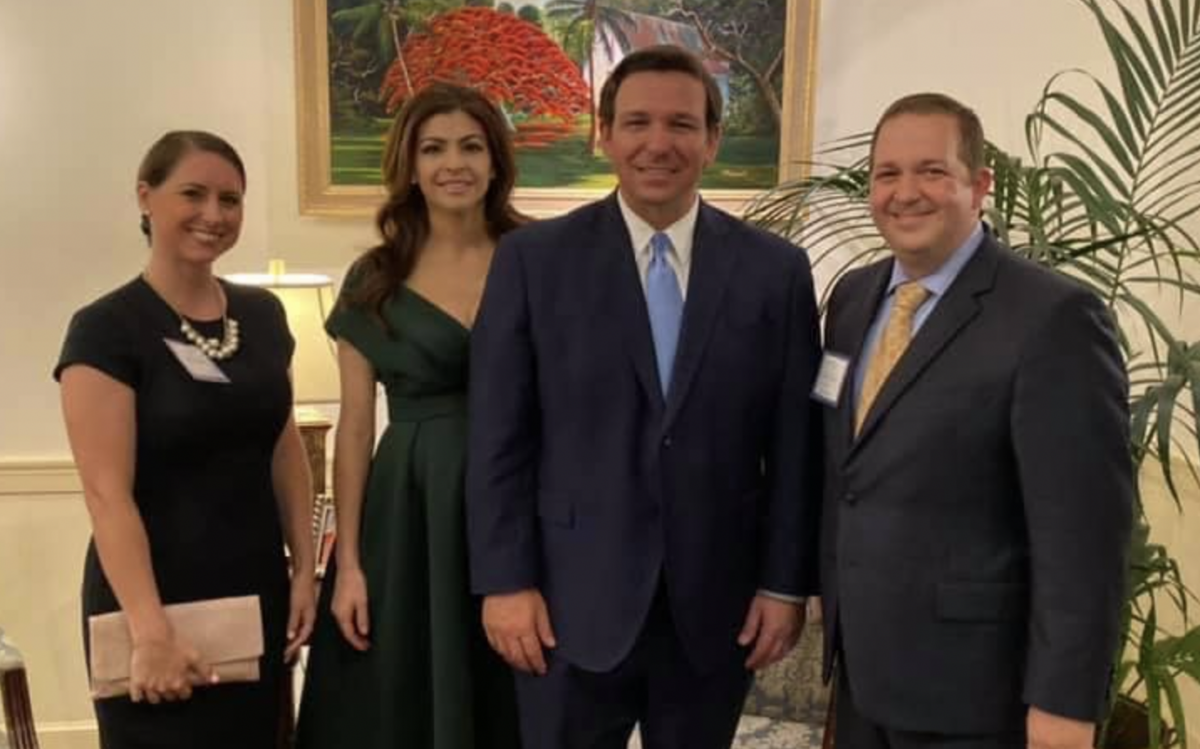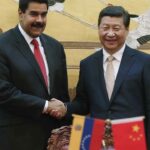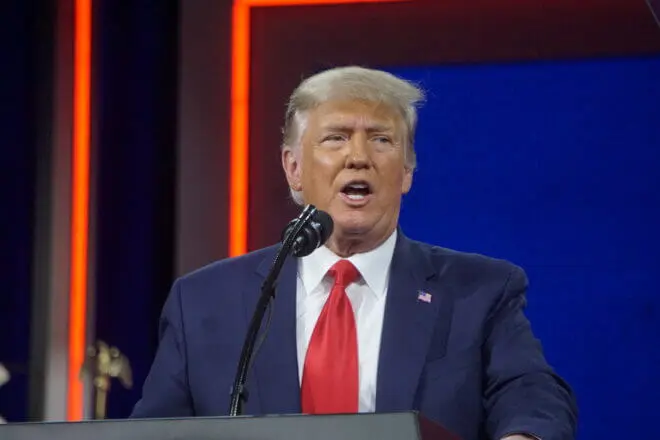The Trump administration’s recent “maximum pressure” campaign against the dictatorial regime of Nicolas Maduro in Venezuela, along with the current COVID-19 pandemic and crashing oil prices, have left the Russian-backed Chavista regime gasping for breath.
The current state of the world oil industry is dire, with oil prices dropping to an 18-year low.
The administration and U.S. lawmakers like Florida Sens. Marco Rubio (R) and Rick Scott (R), and Rep. Mario Diaz-Balart (R), smell blood in the water and are pushing for that last straw that could either break Maduro or force him to come to the negotiating table.
With the U.S. having indicted Maduro on drug charges and put a $15 million bounty on his head, the sharks are circling.
“The U.S. must continue to apply tough sanctions to cut off revenue to the corrupt Maduro dictatorship,” stated Rep. Diaz-Balart (R) “I commend the administration for its solidarity with the Venezuelan people in opposing the cronies and criminals within the Maduro regime.”
But elected officials are not the only opinionated observers to the human rights atrocities and criminal activities of the Maduro government. Many scholars and analysts believe Maduro could drop to his knees and try to work out some deal to save his life.
During a recent discussion hosted by Florida International University (FIU) about the humanitarian crisis in Venezuela, the notion that Maduro would negotiate himself out of power was the common sentiment among participants.
“U.S. actions can’t be focused exclusively on coercive actions…the pandemic and infinite humanitarian needs provide an opportunity to get back to the table through diplomatic means,” said Frank Mora, director for FIU’s Latin American & Caribbean Center (LLAC).
With all the U.S. sanctions imposed on Maduro, one would think that those measures would be enough to force Venezuela’s top Chavista and drug dealer out of office.
However, Maduro is still in power because of his close partnership with countries like Cuba, China and Russia, not to mention his alliance with corrupt and murderous elements of the national army.
His Armed Forces
Even though there have been some defections and betrayals by members of the Venezuelan military, Maduro’s army is loyal to him and etched in its ways, having benefitted handsomely from the regime’s illegal activities.
The FIU panel agrees.
Both Mora and Brian Fonseca, director for the Jack D. Gordon Institute for Public Policy at FIU, believe that there seems to be distrust by the military of current opposition leader, Juan Guaido. “You’re asking the military to change hands for an opposition that they think is just as dangerous for the country as the…. Regime they’re backing now.” But not only that, added Cynthia Arnson, director for the Wilson Center’s Latin America Program, “it’s how you can really appeal to people who have a strong economic stake in the preservation of the status quo.”
“Clear and Present Danger” to the U.S.
It has already been established that Cuba, Russia and China, all pose a national security threat to the U.S. by just their mere presence in the Western Hemisphere.
Venezuela, like many other Latin American governments past and present, has been propped up by Communist Cuba. China and Russia have proven to be great partners to the Chavistas, selling them weapons and buying up their oil.
“Cuba providing support mainly on the security side, building somewhat of a firewall around the regime, inducing a sense of a counterintelligence culture that is meant to coup-proof some of the institutions most… likely to oust Maduro,” added Fonseca during the panel discussion.
In regards to China and Russia, Fonseca outlines how the Chinese economic ties in Venezuela could reach as much as $65 billion, with possibly more to come.
Fonseca also believes that Russia is a more interesting actor or agitator, that wants to “poke a finger in the eye of the United States …causing chaos where it can” and expanding its economic stronghold, particularly in the oil industry.
Fonseca believes that pulling American oil companies out of Venezuela by not renewing the GL8 license that ends on April 22, will be detrimental to U.S. interests, as “it’s not incredibly advantageous to American interests to not have an instrument of American power engaged in [the oil] space…. This is what’s enabled the Russians primarily and the Chinese, to increase their equity in Venezuelan oil.”
If the Trump administration was to allow the GL8 license to expire, more American jobs will be lost, and U.S. national security in the region will be further compromised.

